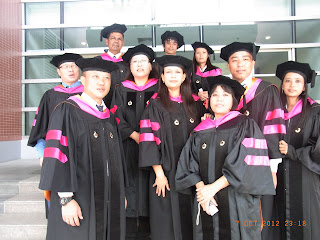In over 50 years since the school was established, there has not been any attempt to produce a school magazine for Samtse Lower Secondary School. Perhaps other important activities in the school might not have given room for a school that stands out for being one of the oldest seats of learning and alma mater of many contemporary eminent figures, to embark on the idea of producing a school magazine. Or there wasn't anyone to take the initiative.
But this year the school saw a turn of events. The school administrative team decided to produce it's maiden school magazine. An editorial team was selected from among the teachers. The team comprised some senior teachers and language teachers, Mr. H B Viswa, a seasoned teacher was the chief editor. The idea of producing the maiden magazine was regarded special as it coincided with Sherig Century or the commemoration of 100 years of education in the country.
This month, the production team successfully launched the magazine. Although rudimentary, the magazine marks an important milestone in the history of the school. It lays foundation for producing successive editions. It opens avenue for students to showcase their literary skills. Mr. H,B Viswa said that it will be published annually and he hopes the magazine to get better in the following years.
As the school is an alma mater of the reigning Education Minister, Lyenpo Thakhur Singh Powdyel, the magazine enjoys the privilege of having a message from Lyenpo. Despite busy schedule Lyenpo has spared time and mind to write a message in the magazine. He reminisces about his days in the school, pays tribute to some of his 'learned teachers' and informs how his 'dear alma mater' was a 'regular theatre of literary, dramatic, cultural, social and community activities'.
The content of the magazine is essentially a compilation of students' literary fortes in the form of essays, stories, jokes, poems both in Dzongkha and English.
As I read the magazine, to my surprise I found an article written by my daughter. She had written it while I was away overseas studying. It read-
I miss you, father!
Father when are you coming home? I miss you very much. Yesterday mummy showed me your photo and when i looked at it I cried a lot. When Mummy saw me crying, she cried too.
Father come home soon. I want to hold your hand and walk with you. Father you told me to be good girl at home and at school. I will do that. Father I miss you.
Pema Tshoki Yangzom, I D
PS:
Samtse Lower Secondary school is very close to Samtse Higher Secondary school, the school where I currently work. They are separated only by a road. Prior to my placement to Samtse HSS, I worked in Samtse LSS for a year and half. It really was a 'seat of learning'. As a greenhorn teacher I gained a lot of experiences from the school.


























